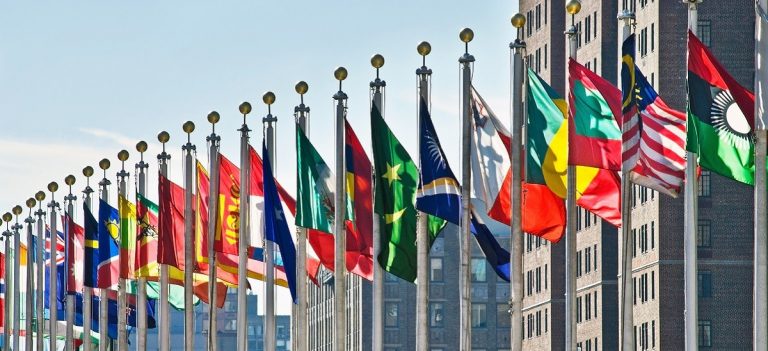
International education in Asia Pacific has been and will remain a tool for Asia’s diplomacy and ambitions, as other nations increasingly turn inward in policies and sentiment, educators said at the Asia-Pacific Association for International Education (APAIE) conference in Taiwan last week.
They said in the current age of turbulent politics – spurred by the Brexit vote and recent US actions under President Donald Trump – students and universities will do better than politicians in terms of international relations, curbing negative sentiment and mending bilateral ties.
This can be done by instilling a global outlook on students and through people-to-people exchange, the stakeholders said.
People-to-people links
The “rise of protectionist, isolationist and at times purely nationalist rhetoric and sentiment” seen over the last year “means our work, I believe, has never been more important”, APAIE president and University of Melbourne’s deputy vice-chancellor (international) Susan Elliott said.
Taking the example of China and Taiwan, Elliott said government-to-government links between the neighbouring nations were “very tense and seem to be becoming increasingly tense” under Taiwan’s new leadership.
Taiwan, China urge 'no political interference' in education exchangeshttps://t.co/QigfBSQJzM pic.twitter.com/xPoXpRidVd
— Focus Taiwan (CNA English News) (@Focus_Taiwan) March 4, 2017
“… [but] the academic links between Taiwanese and Chinese academics are very strong,” she told The PIE News.
“They do a lot of collaboration that’s not recognised at a government-to-government level, so the people-to-people links are critically important in Asia.”
One example is Taiwan’s New Southbound Policy, an initiative spurred by the need to make the state less dependent on China through cooperation and exchanges, including in education, with 18 countries in Southeast Asia, South Asia and Australasia.
“Education is the new currency by which nations are becoming competitive and globally prosperous,” Taiwan’s deputy education minister Dr Yao Leehter said. “Education is one of the most critical investments we can make.”
‘Soft power’ diplomacy
Taiwan is not the only country heavily investing in education to boost its “soft power” diplomacy.
Many others in the region have similarly ramped up efforts for intra-Asia education cooperation, recognizing internationalization policies can contribute to mobility and therefore alleviate problems such as shrinking populations in countries like Japan, Korea and Taiwan.
One downside, however, is that in partnerships between higher education institutions in East Asia and the West, there sometimes exists the notion the Western institution is the “senior partner” in the collaboration.
But the Institute for International Education’s (IIE) Southeast Asia director Jonathan Lembright said this had been evolving with Asian and Western institutions working towards forging mutually beneficial partnerships. The IIE is one of the world’s largest and most experienced international education and training organizations.
“This is the area where we have seen the greatest activity in international education, and where partnerships can be so fruitful.” – Susan Elliott
“From student mobility to research partnerships and online learning as well as global rankings, universities in the Asia Pacific are rising, innovating and leading the way.”
Elliot’s observation echoed what Yao said during the conference’s opening ceremony: “The centre of gravity in higher education is perceptibly shifting to Asia.”
Liked this? Then you’ll love these…
China’s special policies bear fruit with influx of students from Silk Road, officials say
Student activist case shows China’s ‘slow progress’ on LGBT rights – HRW







